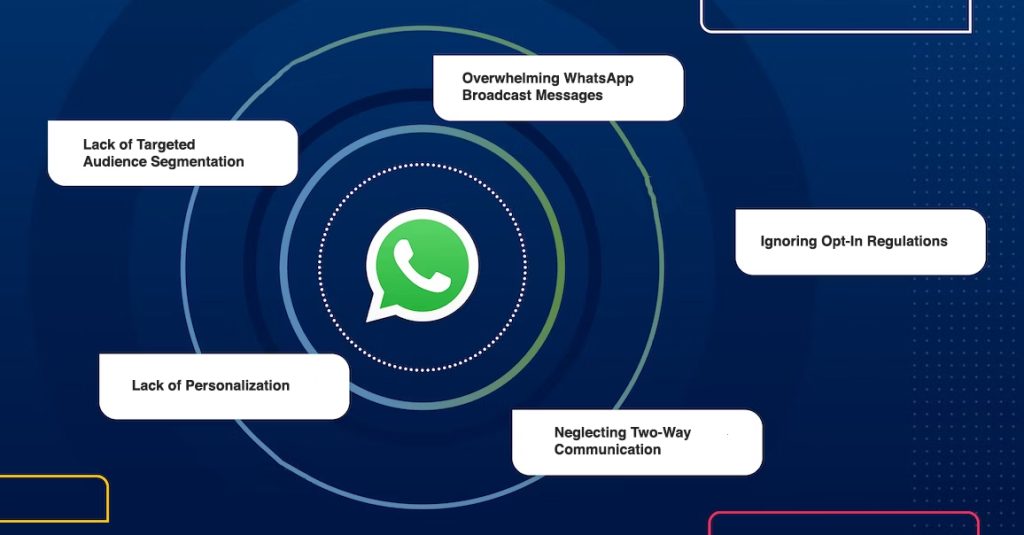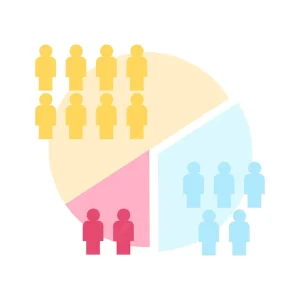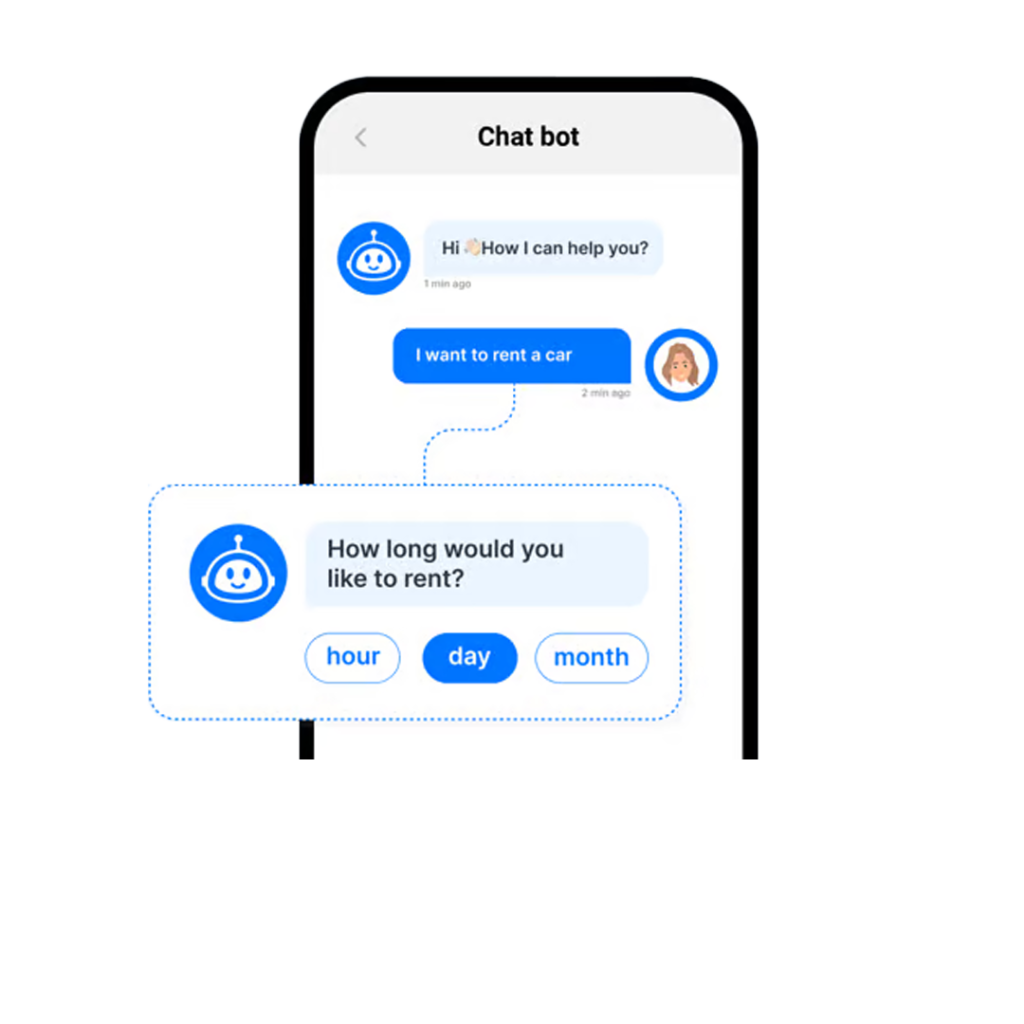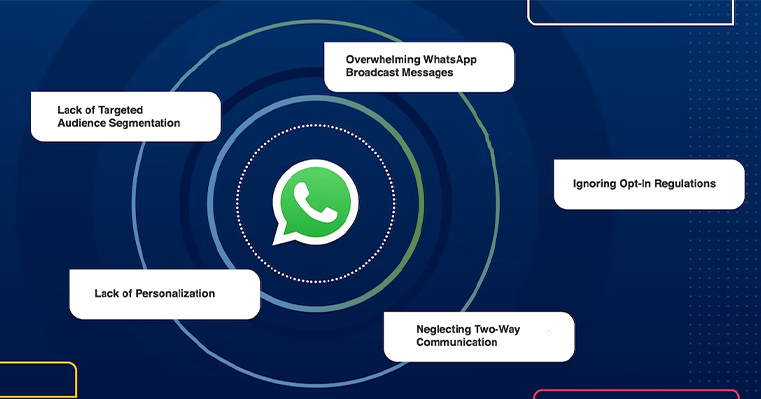Introduction
Running successful WhatsApp marketing campaigns requires marketers to navigate through various challenges. This article will explore some common WhatsApp campaign pitfalls that marketers are facing while running WhatsApp marketing campaigns.
By understanding and addressing these challenges, marketers can maximize the impact of their WhatsApp marketing efforts. Let’s delve into these pitfalls and discover strategies to overcome them.
Some Common WhatsApp Campaign Pitfalls

Lack of Targeted Audience Segmentation

One common pitfall in WhatsApp campaigns is the need for more effectively segmenting the target audience. Proper audience segmentation is vital for delivering personalized messages.
Marketers can tailor their messages to specific audience segments by understanding demographics, interests, and behaviors, ensuring higher engagement and conversion rates. Implementing effective segmentation strategies is crucial for campaign success.
Overwhelming WhatsApp Broadcast Messages
Bombarding users with excessive WhatsApp broadcast messages can lead to annoyance and a negative user experience. Quality over quantity is key.
Marketers should focus on delivering valuable and timely content that resonates with the audience rather than overwhelming them with numerous messages. Striking the right balance between frequency and relevance is essential for successful campaigns.

Ignoring Opt-In Regulations

Non-compliance with opt-in regulations can have legal and reputational consequences for marketers. Obtaining explicit consent from users is paramount.
Marketers should ensure that users have willingly opted-in to receive marketing communications on WhatsApp, respecting privacy and adhering to local regulations. Building trust through compliance is critical in maintaining a positive brand image.
Not getting enough leads
from your marketing campaigns?
Try WhatsApp Blast by Kenyt
Engage with your customers
where they are.
Lack of Personalization
Failing to personalize WhatsApp campaigns can result in messages that feel generic and fail to engage the audience effectively. Marketers can deliver tailored messages that resonate with the audience by leveraging user data, such as names, preferences and past interactions.
Personalization enhances engagement and fosters a stronger connection with recipients, improving campaign outcomes.

Neglecting Two-Way Communication

WhatsApp offers a platform for interactive and two-way communication. Neglecting this aspect can limit the effectiveness of WhatsApp campaigns. Marketers should encourage users to respond, provide feedback, and engage in conversations.
Listening to user queries and promptly responding enhances customer satisfaction, builds brand loyalty, and strengthens relationships. Creating a dialogue helps establish a connection and fosters a positive user experience.
Lack of Testing and Optimization
Neglecting to test and optimize WhatsApp campaigns can limit their effectiveness and hinder performance. Marketers should conduct A/B testing to understand which messages, offers, or call-to-actions resonate best with the audience.
Continuous optimization based on data-driven insights ensures improved results over time. Marketers can make informed decisions by analyzing campaign performance and refining strategies for better outcomes.

Conclusion
Successful WhatsApp campaigns require marketers to address common pitfalls and implement effective strategies. Marketers can enhance the effectiveness of their WhatsApp marketing efforts by focusing on targeted audience segmentation, delivering personalized messages, adhering to opt-in regulations, fostering two-way communication and conducting testing and optimization.
Overcoming these challenges leads to impactful WhatsApp campaigns that drive engagement and conversions and ultimately contribute to the growth of brands. By recognizing and addressing these pitfalls, marketers can create successful WhatsApp campaigns that resonate with their target audience and achieve their marketing goals.


